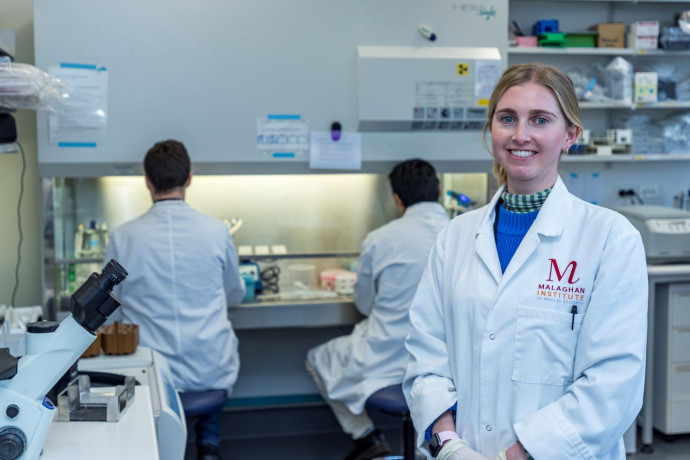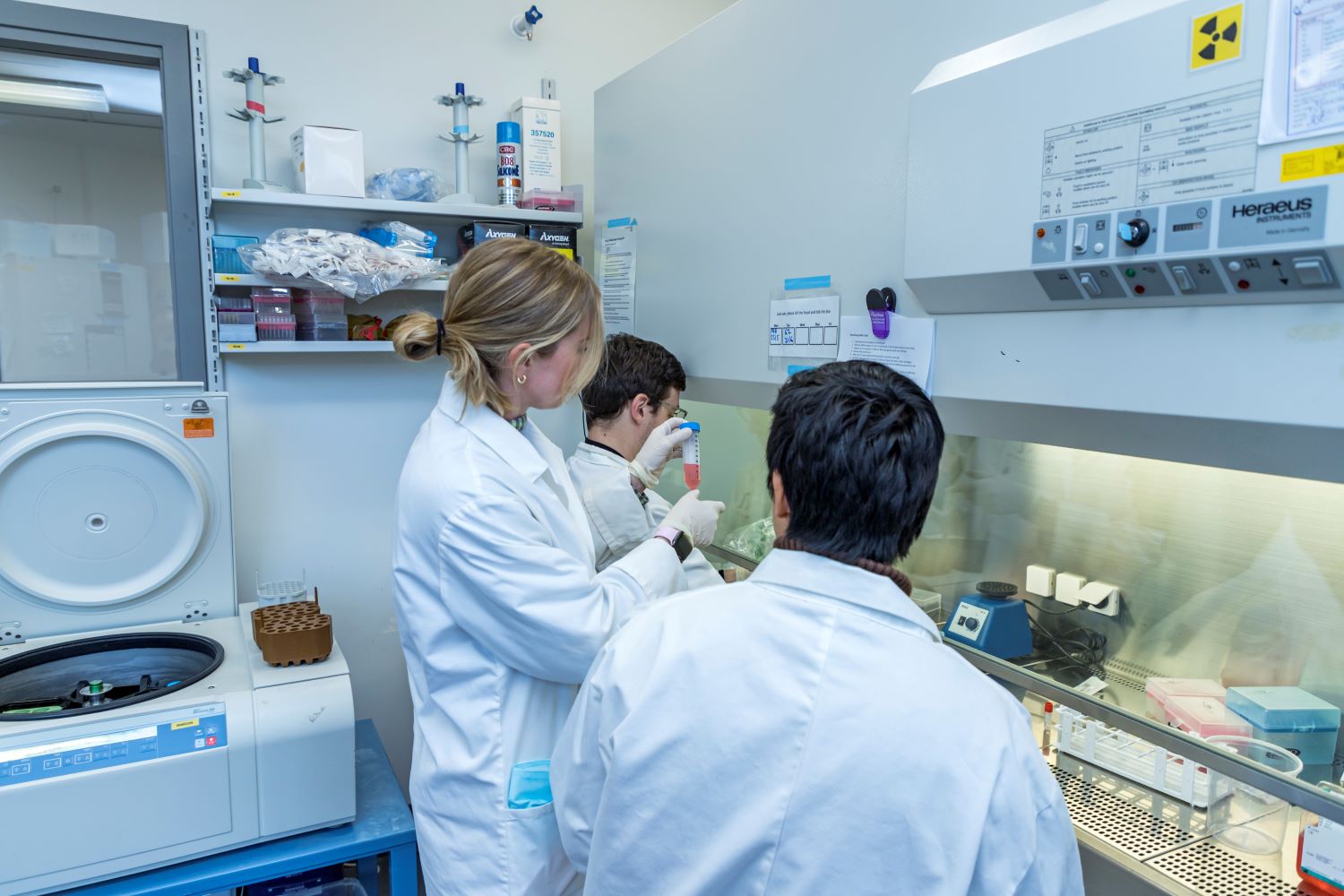Can we treat one of New Zealand’s deadliest cancers with a vaccine?

The liver cancer, hepatocellular carcinoma has one of the highest mortality rates of any cancer in Aotearoa New Zealand and abroad. Dr Olivia Burn from the Malaghan Institute of Medical Research hopes to save lives by developing a therapeutic mRNA vaccine
Every year, around 400 New Zealanders are diagnosed with primary liver cancer. Hepatocellular carcinoma, the most common primary liver cancer, has one of the lowest survival rates for all known cancers. Current immunotherapy consists of immune checkpoint inhibitors, which rein in the activity of immune cells known as T cells, making them hyperactive and more likely to attack tumour cells. However, only one in three patients respond. As the diagnosis rate for this cancer continues to rise, is there a way to improve outcomes for patients?
Dr Burn has been awarded a Marsden Fund Fast-Start grant to investigate whether a new mRNA vaccine might improve the efficacy of immune checkpoint inhibitors. Preliminary evidence suggests that the team’s new mRNA vaccine can specifically induce and direct anti-tumour T cells into the liver. The team will test this treatment for patients with different subtypes of hepatocellular carcinoma and delve into why some subtypes are more resistant to immunotherapies than others.
This research has the potential to improve clinical treatment for liver cancer. It could also broaden our understanding of how immune responses to cancer vary, and enable more tailored, patient-specific approaches to cancer treatment.

Dr Olivia Burn in the lab (photo credit: Malaghan Institute)
